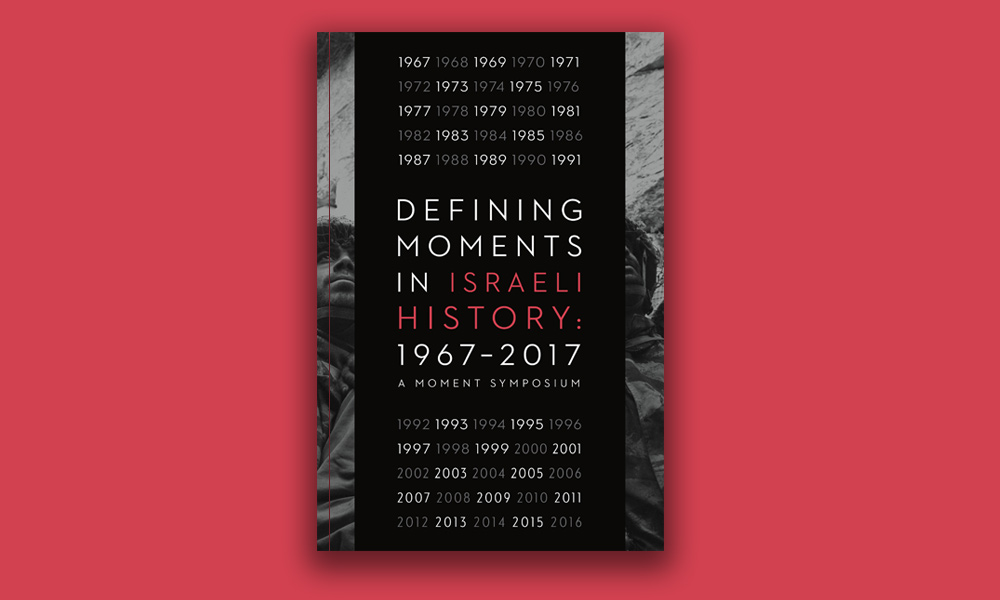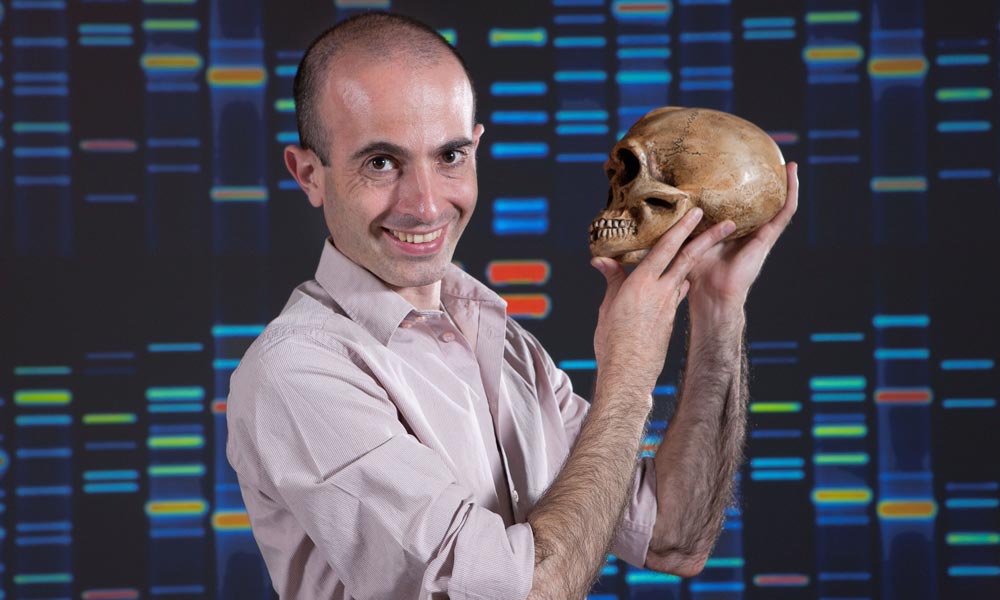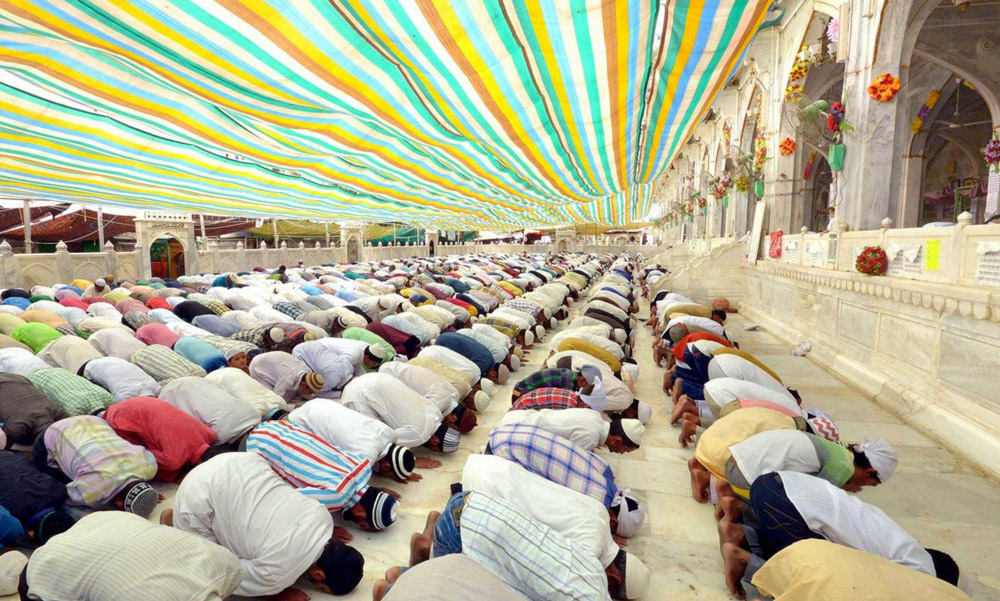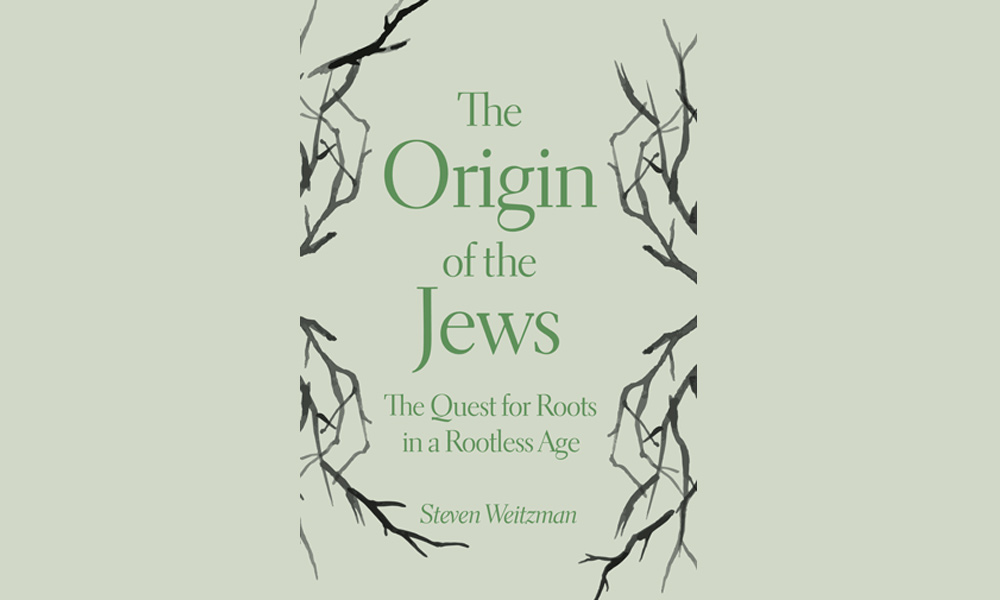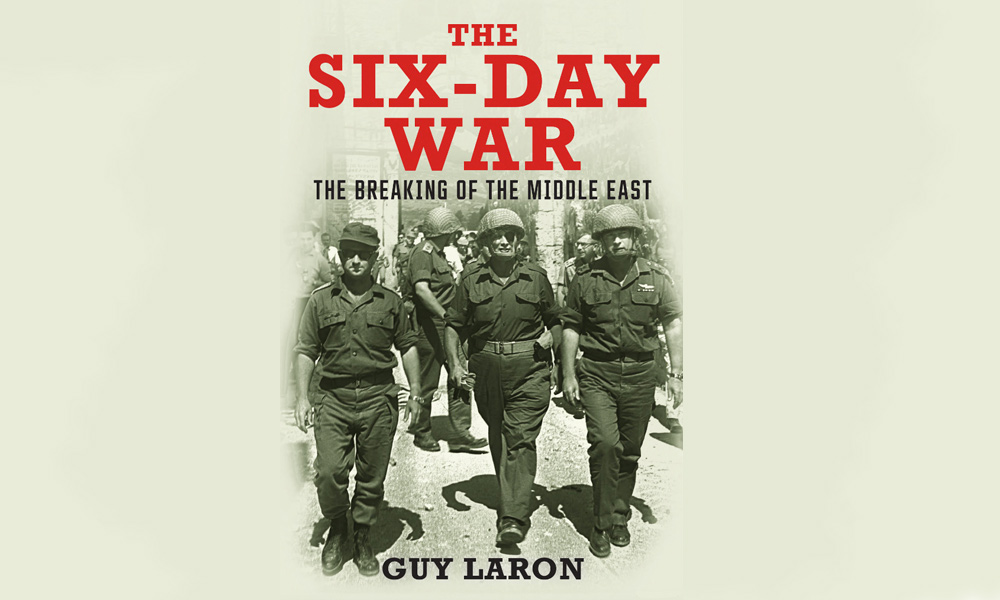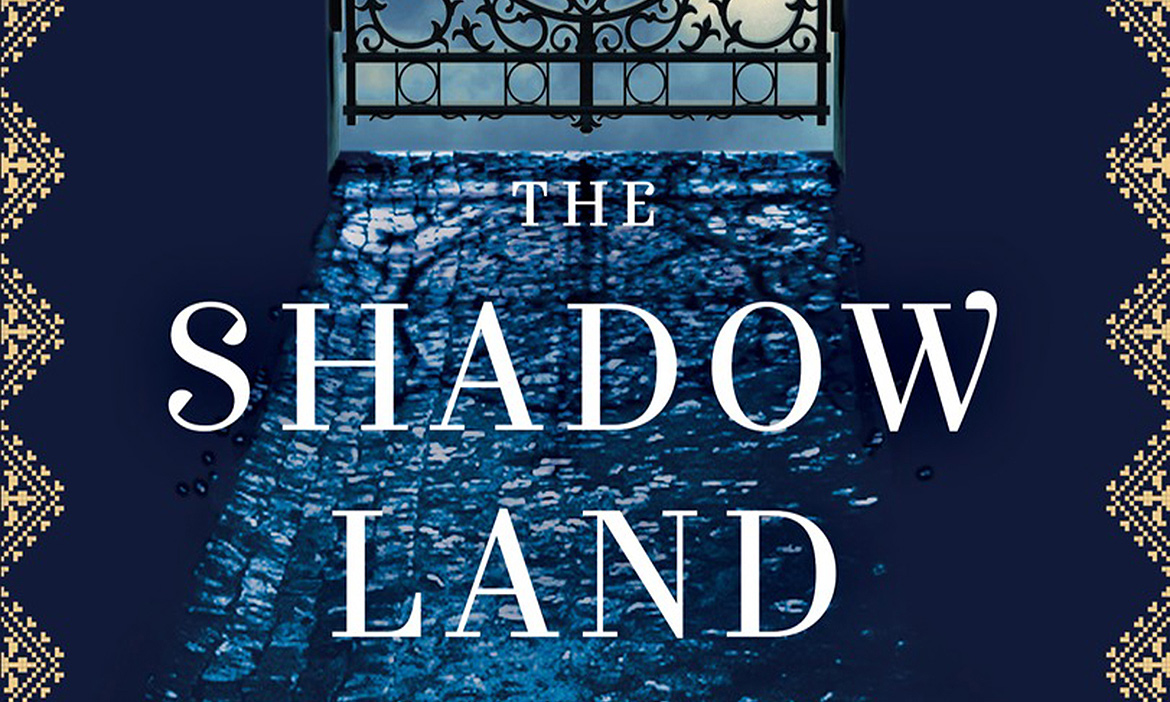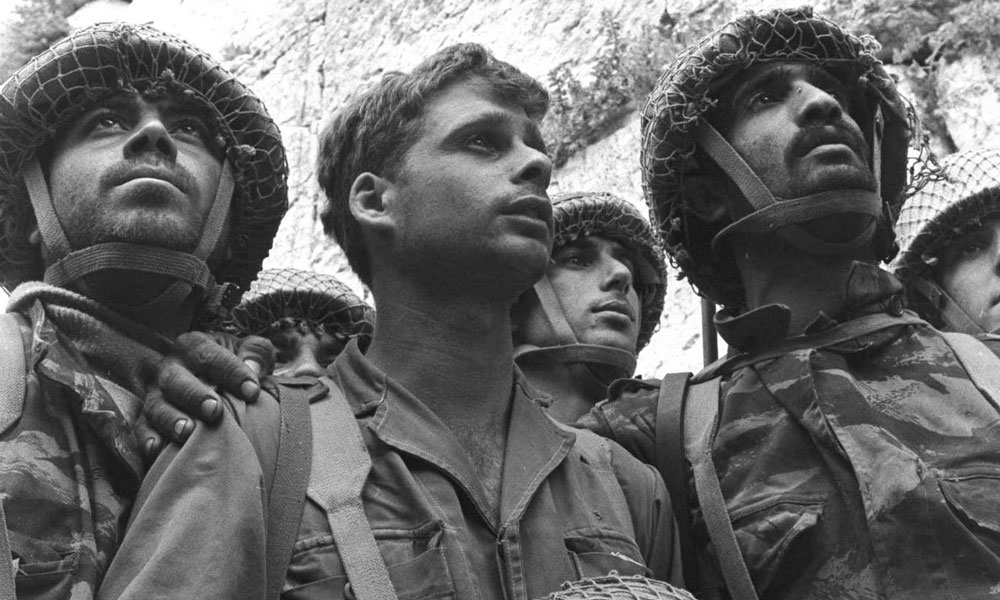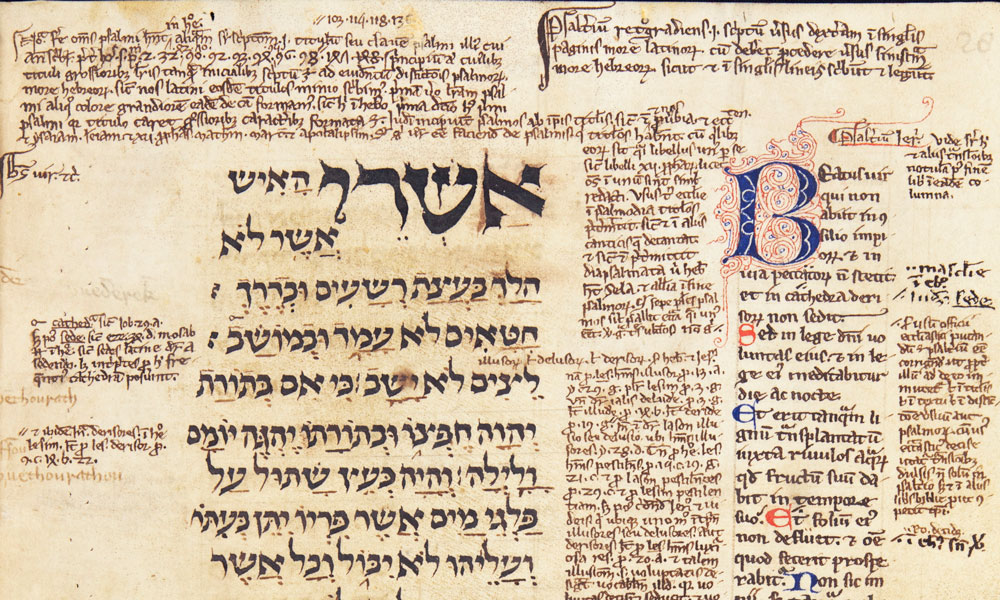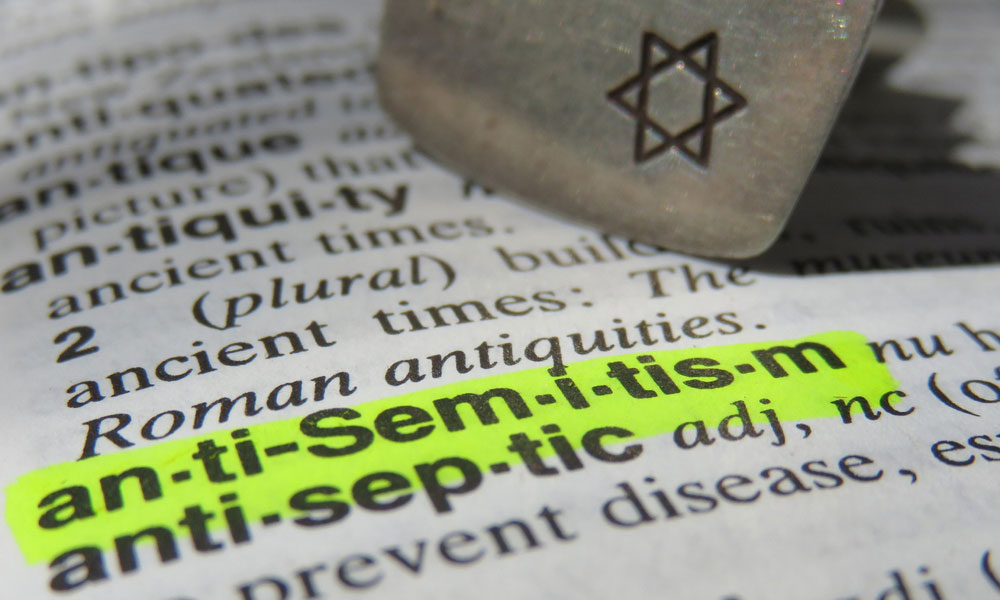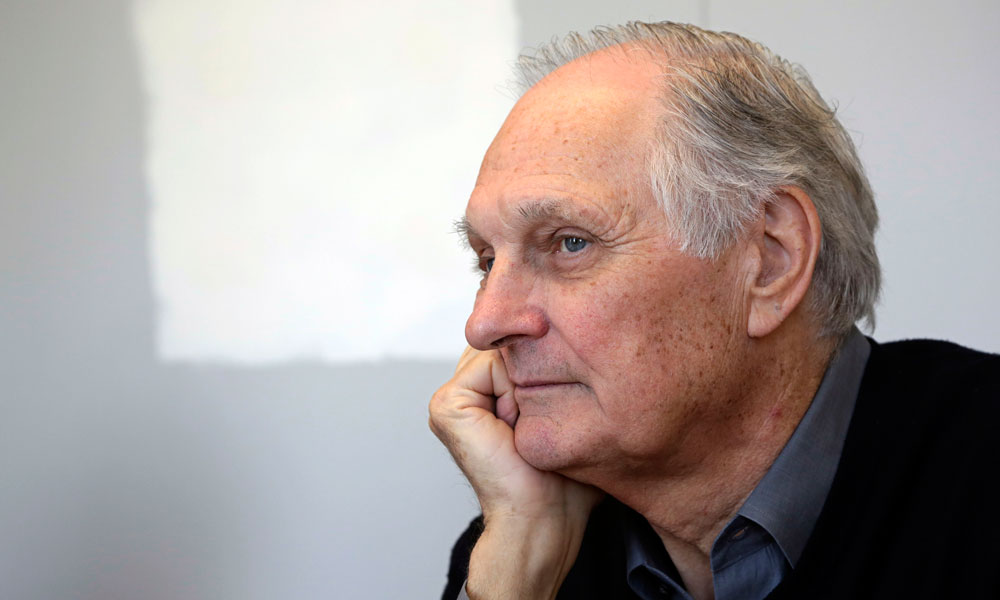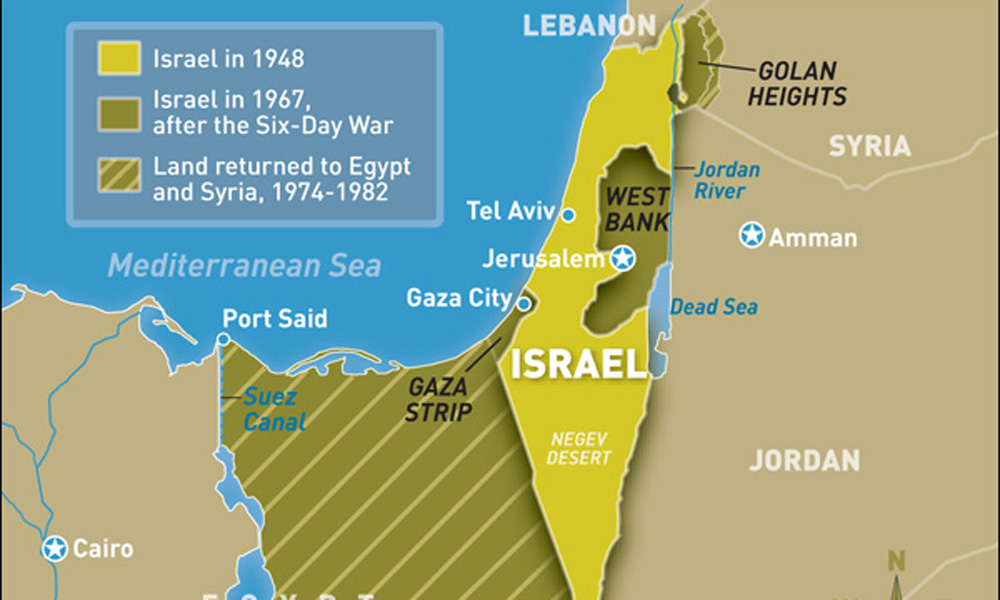Moment reached out to an eclectic group to ask: which event most defined the last half-century of the Israeli experience? ...
Born in Haifa to Eastern European immigrants, Harari now lives with his husband in a moshav outside Jerusalem. A vegan deeply distressed by the suffering of domesticated animals, Harari meditates daily (plus a 60-day silent retreat each year). He does this, he says, to understand more fully the nature of ...
“I used to think I knew what Islam was about. Yet as I came to know more Muslims personally and learned more about their faith, I realized that much of what I knew was either flat-out wrong or grossly misguided.” ...
As the subtitle of the book says, we live in a rootless age. People everywhere, not just Jews, seek their roots, their ancestry, their genetic makeup. We yearn to discover who we are; alas, our tools are not always up to the task. But there is pleasure in the pursuit, ...
Guy Laron’s challenging new book, The Six-Day War: The Breaking of the Middle East, is well worth reading even though Laron, a lecturer in international relations at Hebrew University, focuses too much on the war’s international context and, at times, relies too heavily upon unsubstantiated speculation ...
“To this day, most Israeli Jews think of Arab food as cheap ‘hummus-chips (french fries)-salad-kebab’—all said as a single word. But it isn’t really Arab food at all." ...
Bulgaria. How little thought I had ever given to Bulgaria, but here it is in the vivid, fast-paced, fascinating new novel The Shadow Land by Elizabeth Kostova. Author of the best-selling novel The Historian, Kostova is a writer who knows how to keep you in suspense, to frighten and amaze ...
Which event most defined the last half-century of the Israeli experience? ...
The extraordinary works in this exhibition are rarely seen, and this is their first time in America. ...
The term “anti-Semitism” has evolved. As scholarship on the subject grew, the available vocabulary expanded. Today, its definition—and its boundaries—are uncertain. “Anti-Semitism” is but one of a convoluted, interconnected web of similar words—including “anti-Judaism,” “anti-Zionism,” “Judeophobia” and “Zionophobia.” ...
Alan Alda loves to dig to the root of things. He has no patience for jargon, for flimsy logic, for impenetrable lectures. He wants to know: What is time? How do clocks work? What are the processes that govern the universe? ...
Fifty years. More than half of them, many more, have been years of acrimony. Was the Six-Day War just a great triumph—or a triumph whose consequence is grave devastation? Was it worth it? Pick the facts that support your viewpoint: The 1967 war resulted in overconfidence that brought about the ...

